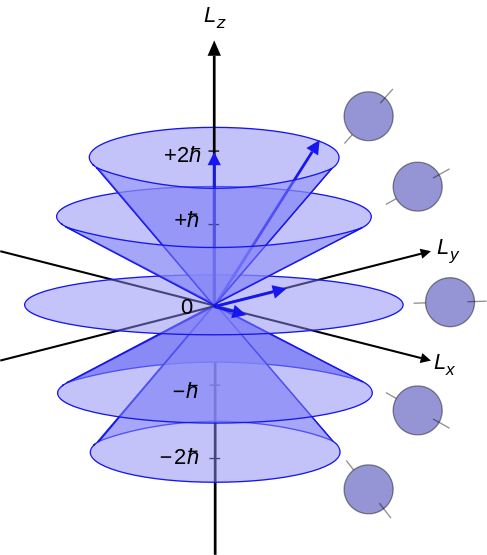Consciousness and Anti-Music
 |
| Photo by stuant63, used under Creative Commons License |
All things spring into being with the sundering of nothing into two opposing halves. The universe demonstrates this on the largest scales where the sum total of all things is zero. Electrical charge, angular momentum, and physical space itself, are all examples of basic constituents of reality that sum to exactly nothing.
Music at its roots is an act of consciousness or will imposed upon sound. Music has expanded from being primary the construction of melodies, rhythm, etc., through abstract representations of emotion or parts of the physical world, to surrendering composition to the will of the composer (Stockhausen, Wolff), unpredictable noise resulting from the physical manipulation of objects (Marclay), to the very act of the imposition of consciousness upon silence (Cage).
 |
| John Cage & David Tudor, Author Unknown |
Speculation that consciousness is a fundamental element of the universe has gained some serious attention, and if this should follow the same pattern as other fundamental elements then it stands there should exist anti-consciousness.
If this is the case then what I would like to hear is the anti-music that stems from it. This would be the removal of consciousness from the manipulation of sound, and the removal of its demand upon the listener. The questions this leads to are...
- What does it sound like?
- How is it created?
- Would it even be possible to recognize?
- Has it even been created yet?

No comments:
Post a Comment